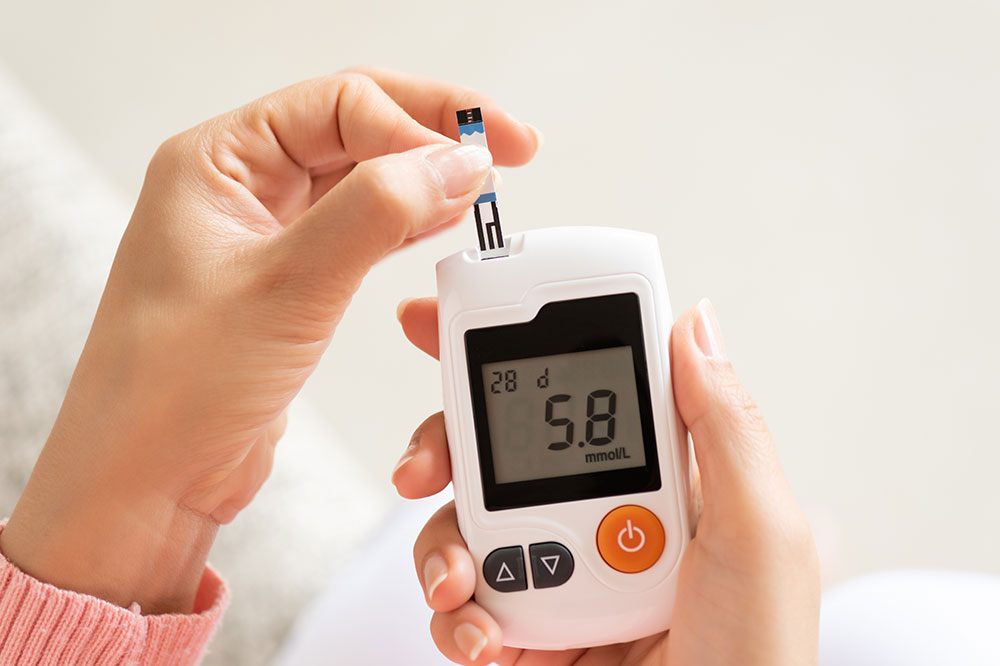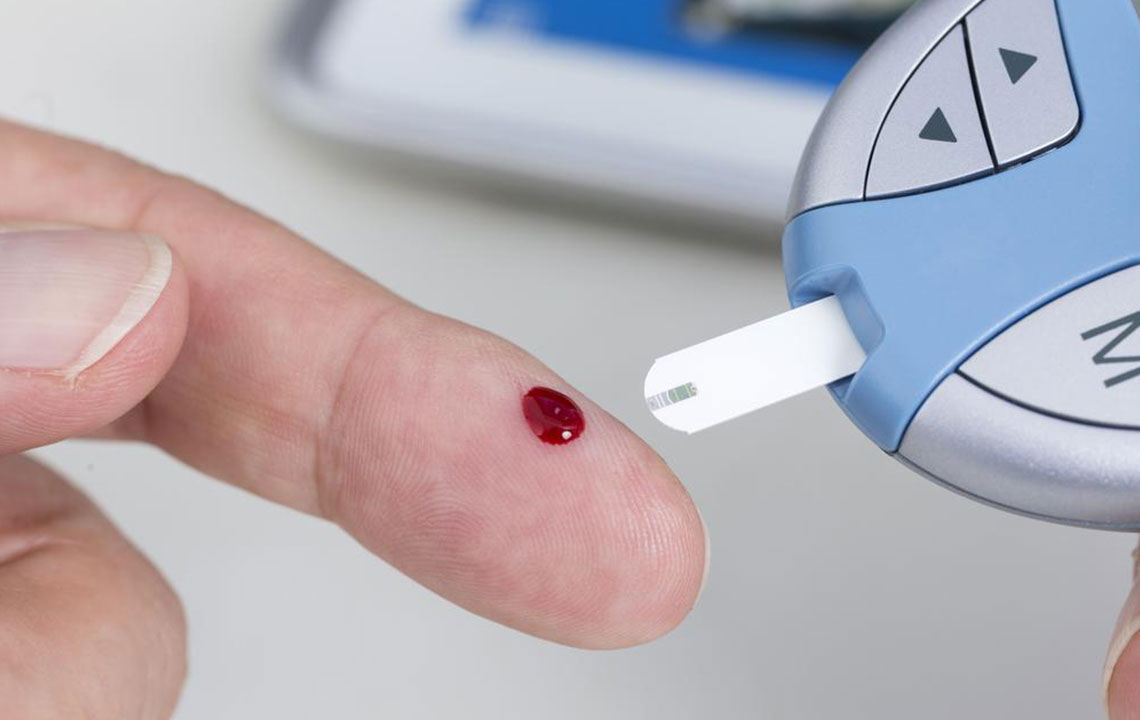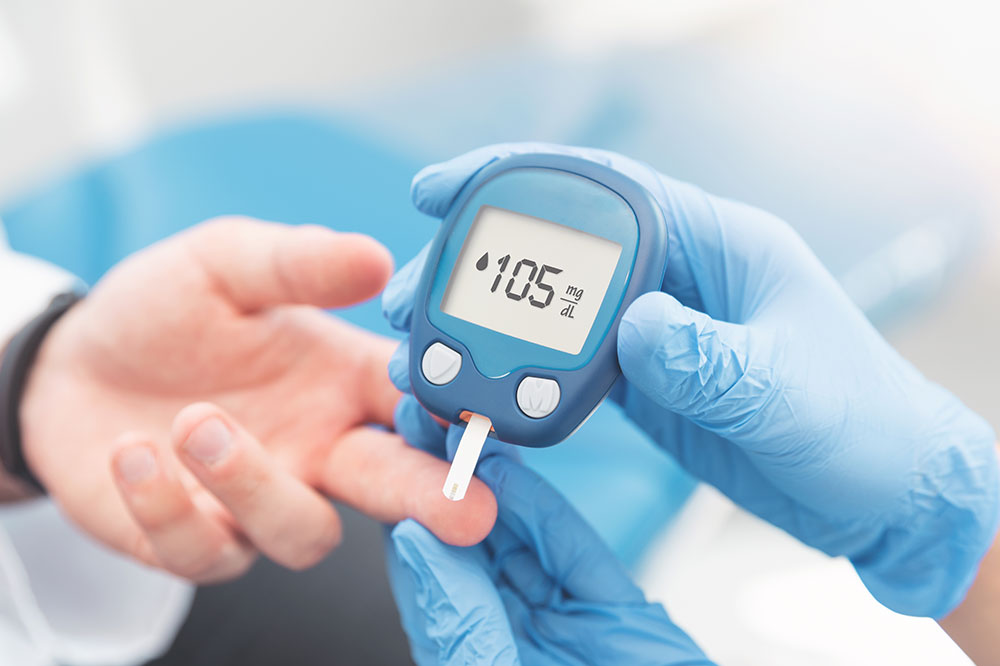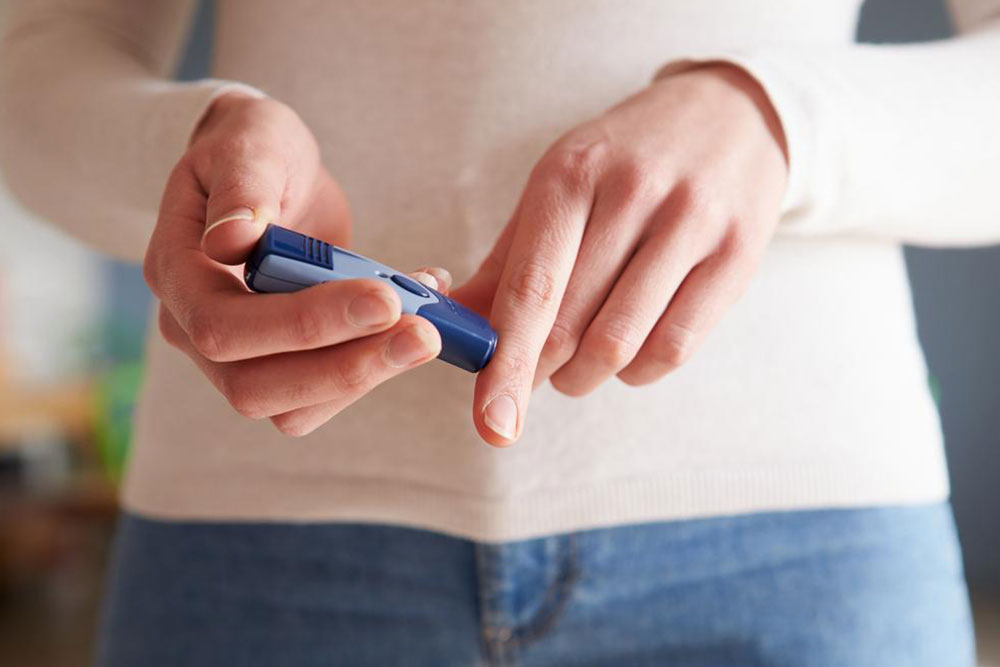Monitoring Blood Glucose: The Key to Managing Diabetes
Effective blood glucose monitoring is vital for managing diabetes and maintaining overall health. Tracking daily levels helps detect fluctuations early, allowing for timely adjustments in lifestyle and treatment. Regular monitoring, combined with a healthy diet and exercise, can prevent complications and promote well-being for both diabetics and healthy individuals.

Monitoring Blood Glucose Levels Effectively
Blood glucose levels reflect the amount of sugar in your bloodstream at any moment. This sugar is transported to body cells for energy. Our bodies obtain glucose mainly from the foods we eat. Proper regulation ensures that glucose levels stay within a healthy range, preventing complications.
Blood sugar fluctuations occur throughout the day—lowest before breakfast and rising after meals. In healthy individuals, fasting blood sugar stays below 99 mg/dL, while diabetics may experience greater variation. The goal is to keep pre-meal levels around 130 mg/dL and post-meal levels below 180 mg/dL.
A blood glucose or sugar level chart tracks these variations across the day. Since glucose levels are dynamic—they rise and fall—monitoring helps manage diabetes effectively. Recording these trends is essential for adjustment in treatments and lifestyle choices.
Why Consistent Blood Sugar Monitoring Matters
Just as blood pressure or cholesterol are indicators of health, regular blood glucose checks reveal vital insights. Both healthy individuals and diabetics benefit from tracking their levels to detect sudden spikes or drops. Imbalanced glucose can impact kidneys, vision, and heart health, making regular monitoring crucial.
Diabetics with elevated blood sugar are at increased risk and should monitor consistently to prevent future complications. Maintaining balanced levels supports overall wellness and reduces the likelihood of secondary health issues.
Tools and Steps for Tracking Blood Glucose
Various devices are available for measuring blood sugar, but consulting your healthcare provider before use is essential. Proper technique ensures accurate results. For diabetics, key measurements include fasting glucose and post-meal levels—comparing these with target ranges guides management.
Normal fasting blood sugar should be under 100 mg/dL, and post-meal levels under 140 mg/dL. Lifestyle adjustments—such as a nutritious diet, regular exercise, adequate sleep, and stress management—are vital for maintaining healthy glucose levels.
Activities like walking or jogging are highly effective in controlling blood sugar. Eliminating smoking and excessive alcohol consumption further supports metabolic health.
Regular blood sugar monitoring, combined with a healthy lifestyle, plays a critical role in diabetes management and overall well-being.
Note:
The information provided here is for educational purposes only. It should not replace professional medical advice. Always consult healthcare experts for diagnosis and treatment options.










